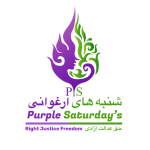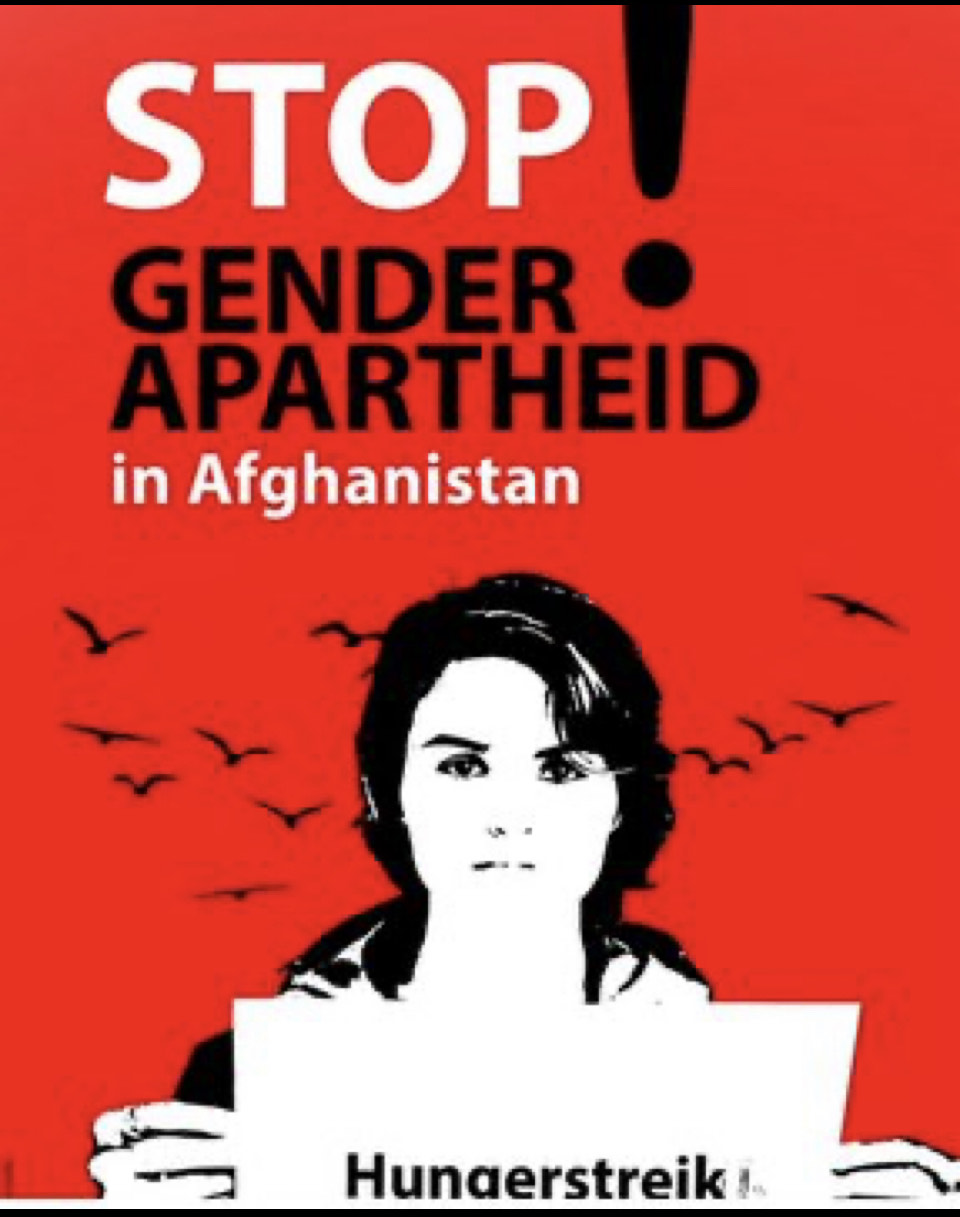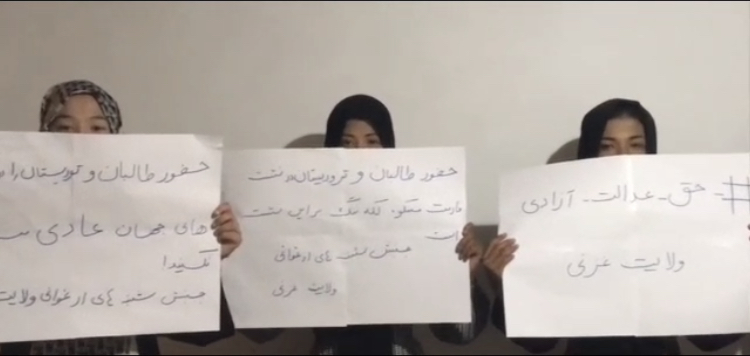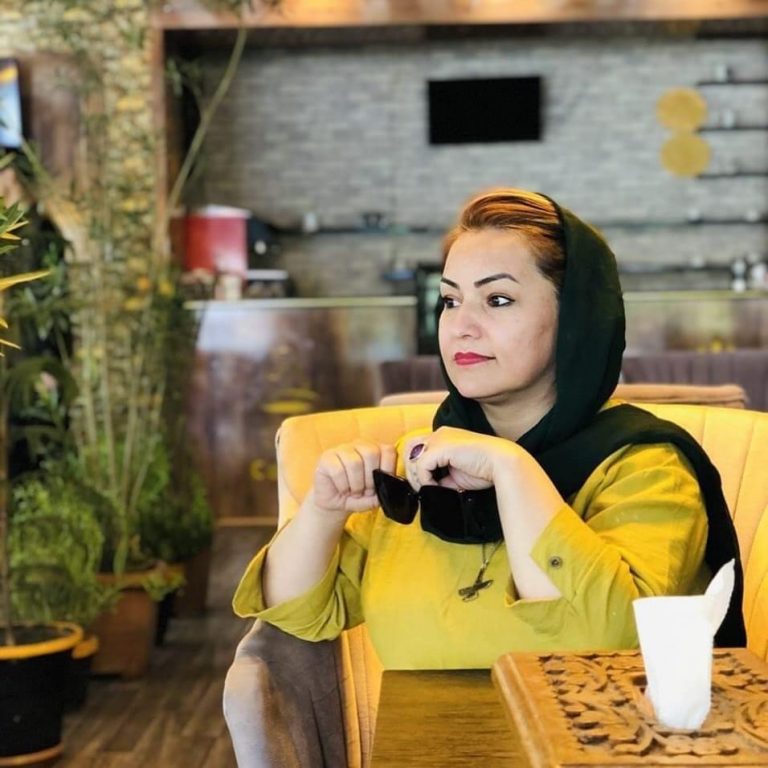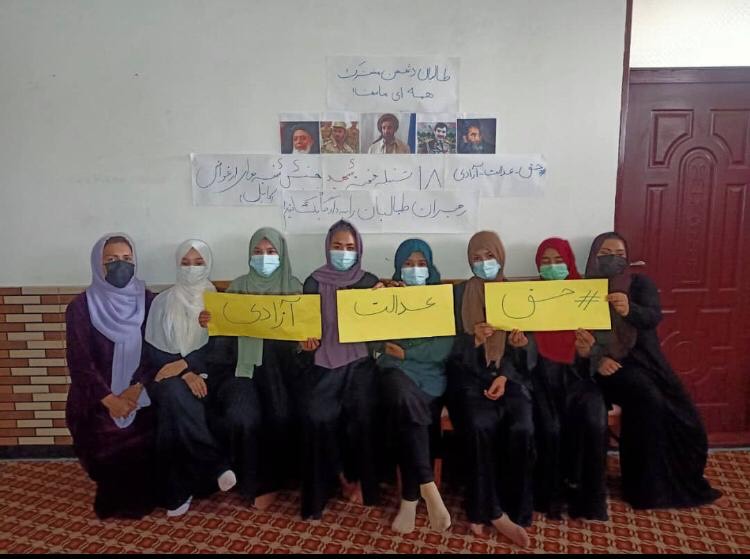The United Nations and the international community must recognize the existence of sexual apartheid in Afghanistan.
-
by
admin
The international community should indeed recognize the gender apartheid in Afghanistan under the rule of the Taliban group. Gender apartheid refers to the systematic discrimination and segregation of individuals based on their gender, resulting in the denial of basic rights and freedoms. The Taliban’s treatment of women and girls in Afghanistan is a clear example of such oppression. Under Taliban rule, women and girls have faced severe restrictions on their rights and freedoms. They have been denied access to education, healthcare, employment opportunities, and participation in public life. Women have been forced to wear burqas, effectively erasing their individuality and autonomy. They have been subjected to violence, including domestic abuse, forced marriages, and honor killings. These practices not only violate fundamental human rights but also perpetuate a culture of inequality and discrimination. Recognizing the gender apartheid in Afghanistan is crucial for several reasons.
First, it sends a strong message to the Taliban and other oppressive regimes that the international community will not tolerate such violations of human rights. It puts pressure on the Taliban to change their policies and practices, promoting a more inclusive and equitable society.
Second, recognizing gender apartheid allows for targeted international interventions to support Afghan women and girls. It enables the provision of humanitarian aid, including access to education, healthcare, and legal support. It also facilitates the establishment of safe spaces and shelters for women who are at risk of violence or persecution.
Third, recognizing gender apartheid helps raise awareness and mobilize global support for Afghan women’s rights. It encourages advocacy efforts, both within Afghanistan and internationally, to promote gender equality and challenge oppressive practices. It also fosters solidarity among women’s rights organizations, activists, and governments, leading to collective action and increased pressure for change.
However, recognizing gender apartheid is just the first step. The international community must also take concrete actions to address this issue. This includes imposing sanctions on the Taliban leadership, supporting Afghan women’s organizations, and providing financial and technical assistance to promote gender equality and women’s empowerment. In conclusion, recognizing the gender apartheid in Afghanistan under the rule of the Taliban is essential for promoting human rights, supporting Afghan women and girls, and fostering global solidarity. It is a crucial step towards challenging oppressive practices and working towards a more inclusive and equitable society in Afghanistan.
